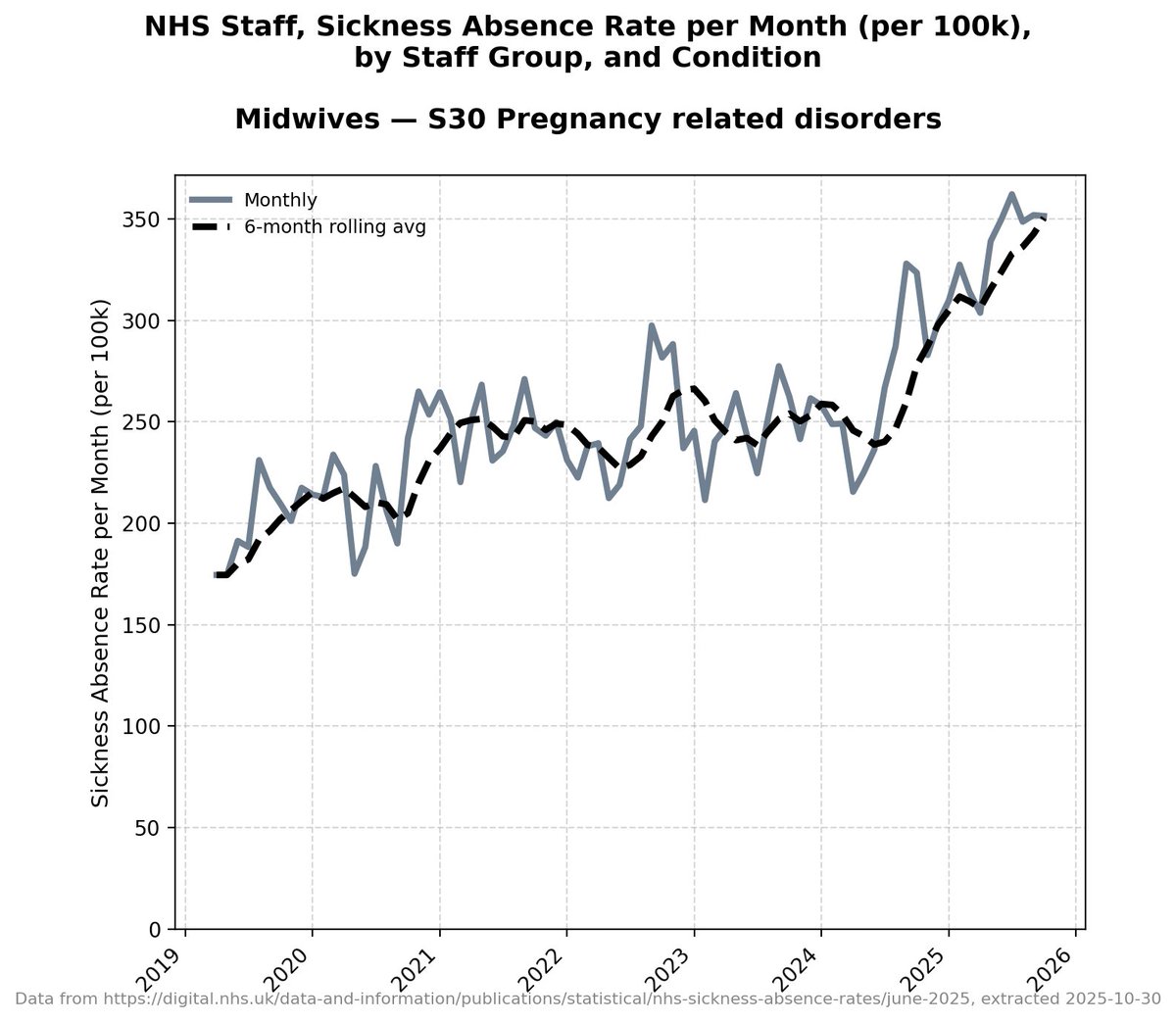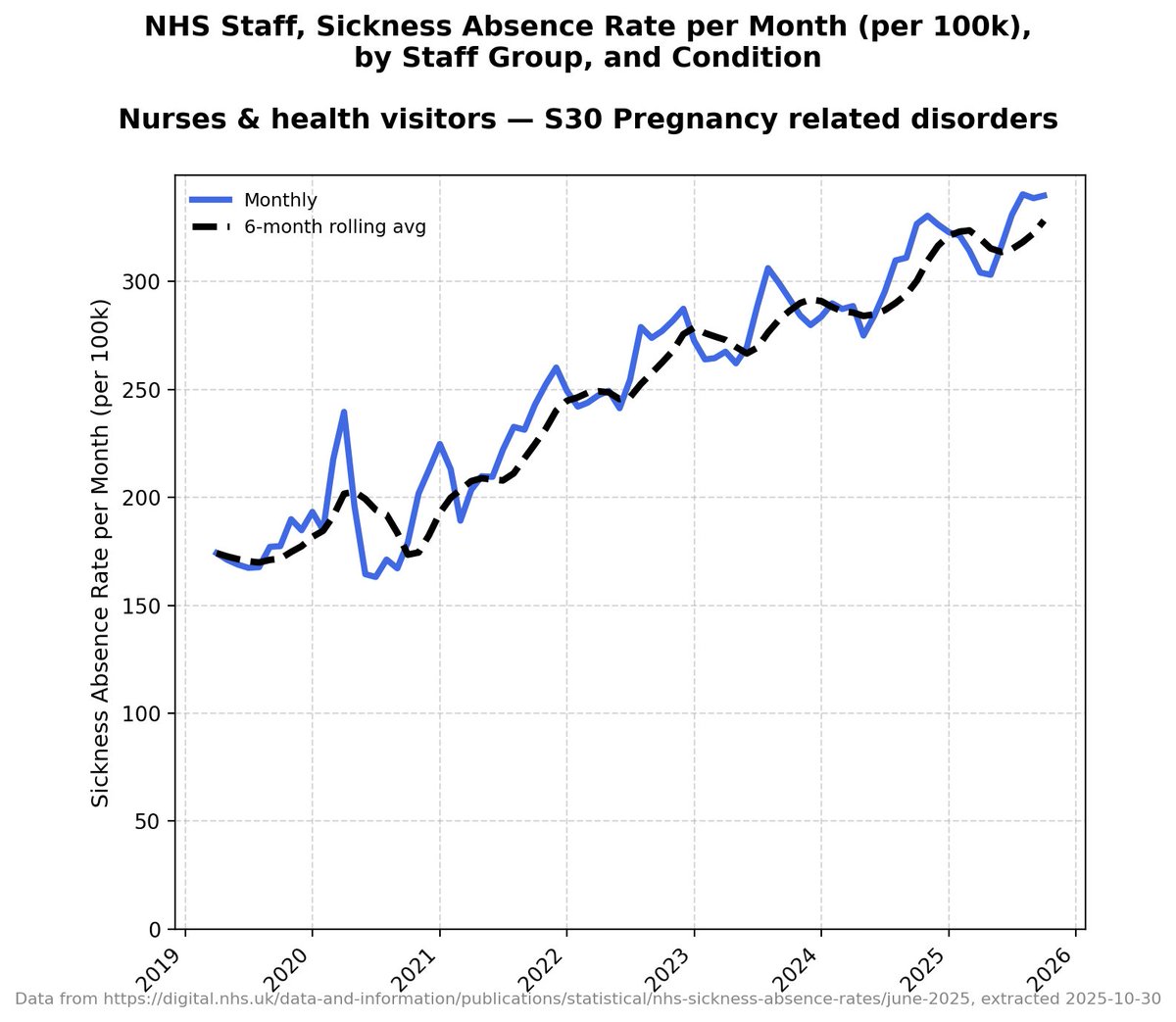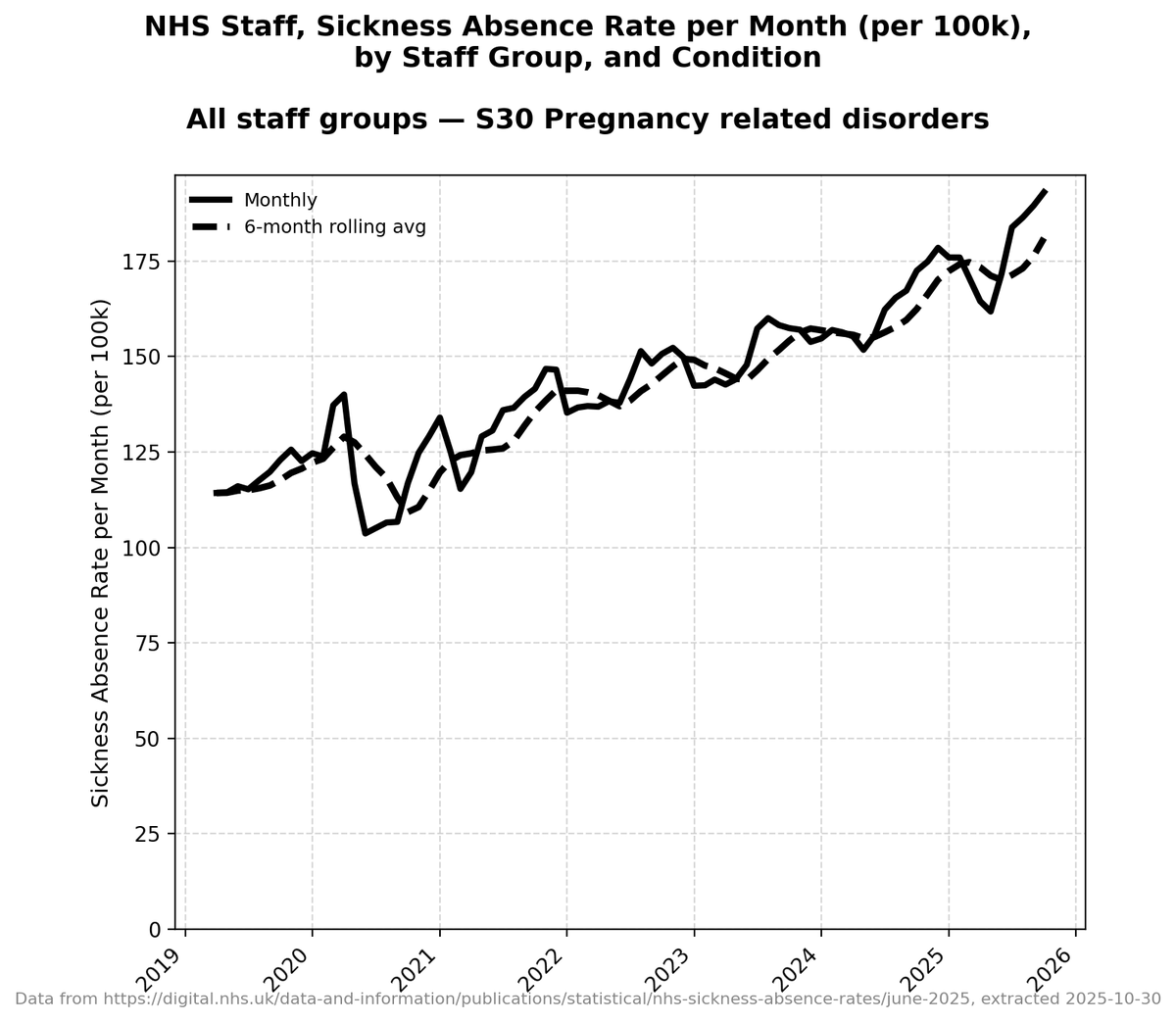I chatted about this with a colleague yesterday.
They raised this report and a couple of local incidents, and said that it is really sad this stuff is happening.
I offered the suggestion that both the local people they mentioned had been ill with heart problems in the immediate aftermath of Covid infections.
Their response really opened my eyes.
They raised this report and a couple of local incidents, and said that it is really sad this stuff is happening.
I offered the suggestion that both the local people they mentioned had been ill with heart problems in the immediate aftermath of Covid infections.
Their response really opened my eyes.

They said "you're as bad as the people who blame it on the vaccine"
My eyes popped out.
I spluttered "what do you mean by that?"
Them: "You're just trying to find something to blame for everyday things. They're blaming the vaccine and you're blaming covid."
Me: "but that's the point of the article. It's not everyday things. This is a sudden overload of these incidents that weren't happening before Covid and are happening now."
Them: "ok, well, if there's an increase in this type of thing, it's more likely because of the forced inactivity during lockdown"
Me: (failing to keep my cool) "we were allowed out to exercise. And Joe Wicks was the most watched YouTuber in the country. And the stories about these people actually include details about how fit they were"
Them: "well I don't know then"
Me: "Well the British Heart Foundation do. They have stated clearly and plainly that covid infections cause heart conditions, and that covid infections are responsible for a hundred thousand heart deaths."
And I knew what was coming next.
Them: "well why isn't that in the news?"
Me: "because people don't want to hear that the virus they thought they had to catch causes heart conditions, so they avoid trying to hear it or understand it, like you just did"
Them: (pause) "well, I just find that all too depressing to think about"
Me: "exactly. but you did ask"
Me: "exactly. but you did ask"
I walked home replaying it in my mind.
The key part that bugged me was the false equivalence and redirect:
The key part that bugged me was the false equivalence and redirect:
"blaming covid is as bad as blaming vaccines, besides it's lockdowns"
The "blaming covid infections is as bad as blaming vaccines" is just so weird, but I think it's all part of the avoidance and denial.
There's some kind of drive to deny anything bad is happening.
So anyone who points out something bad is happening must be wrong.
So anyone who points out something bad is happening must be wrong.
And they must all be at the same degree of craziness.
And then came the redirect: "but we actually know it was lockdowns"
Which really made me angry, because they'd just accused me of being whack. 😂
Which really made me angry, because they'd just accused me of being whack. 😂
The funny thing was that they had raised the subject wanting to talk about the sad mystery of it all, and how "oh this is so mysterious, but it was probably lockdowns" but I had scuppered their morbid small talk with the British Heart Foundation's warning.
I suspect they will have driven home thinking about the conversation and then poured themselves a big glass of red wine and told themselves that the scary man is just as bad as the antivaxers.
They didn't want answers.
They wanted someone to moan with, but I wasn't going to oblige.
They wanted someone to moan with, but I wasn't going to oblige.
Here's the British Heart Foundation on heart stuff:
https://x.com/1goodtern/status/1762458361537155553?t=a6OKAnH1munzGArK568JlQ&s=19
And here's itv being perplexed and mystified:
https://x.com/itvnews/status/1839259647766593967?t=a6OKAnH1munzGArK568JlQ&s=19
And here's the correlation between covid waves and heart attack waves here:
https://x.com/1goodtern/status/1839686379724243249?t=LPKCGK1IWV_e6Yvfl5HeSQ&s=19
• • •
Missing some Tweet in this thread? You can try to
force a refresh







